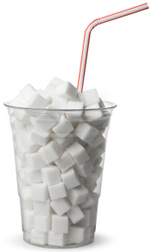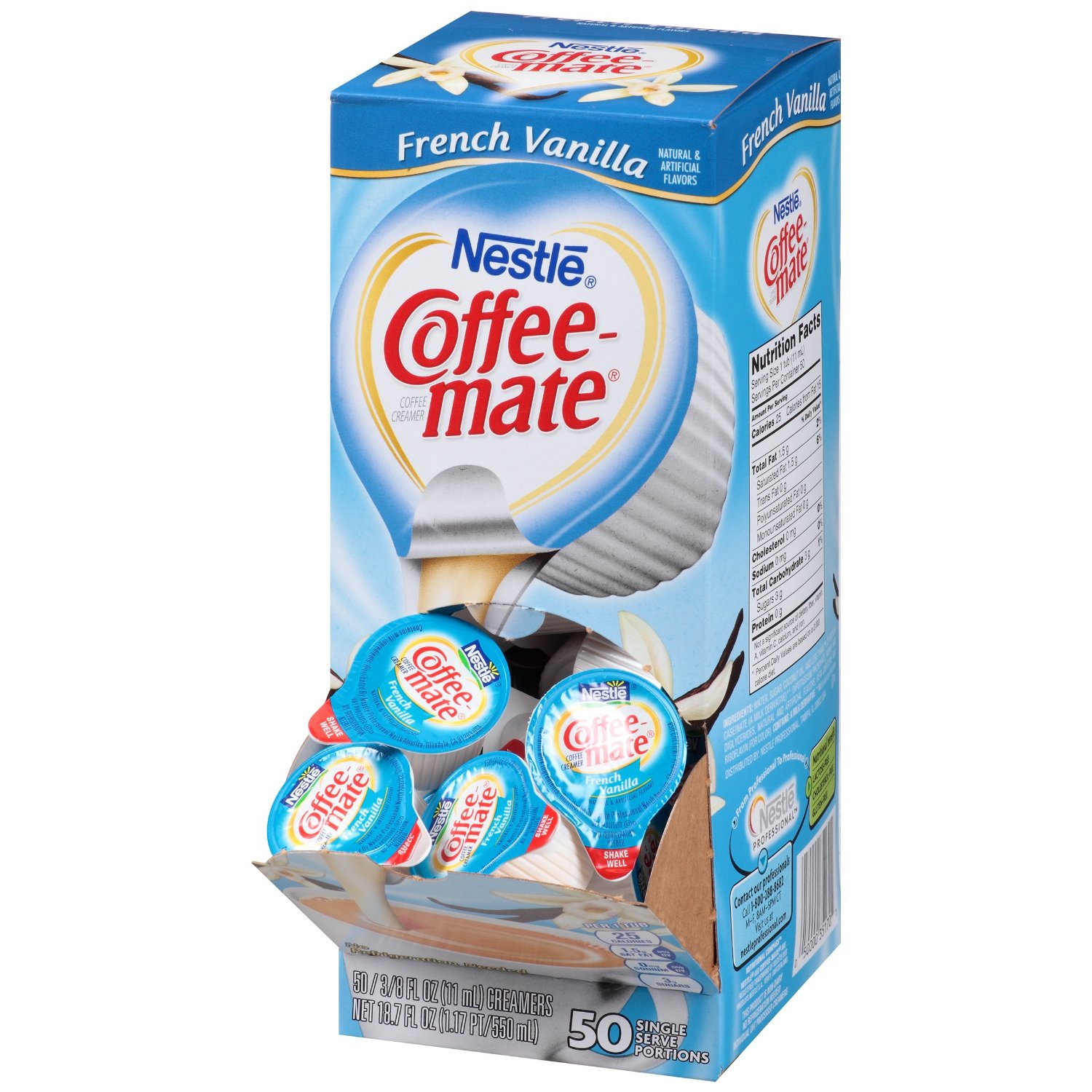_copy.jpg) Are you one of those coffee drinkers that commonly ask, “Is coffee good for you?”
Are you one of those coffee drinkers that commonly ask, “Is coffee good for you?”For Starters…
Choose organic coffee whenever possible. Coffee beans tend to be heavily sprayed with pesticides, herbicides and various toxins that were never intended for human consumption.
If you care about your health, don’t load your coffee with sugar or artificial sweeteners.
It is very easy to turn coffee into something completely unsuitable for human consumption.

Never ever ever use those crappy powdered creamers and fake liquid creamers !
These are highly processed and full of unnatural, harmful ingredients.
Avoid these like the plague.

Try using REAL pasture raised cream, coconut cream or grass fed butter for the best taste, and the best health benefits too!
Butter in my coffee, you ask?
Here’s a recipe for Bullet Proof Coffee.


- Consider adding cinnamon to your coffee (it helps control blood sugar and has many other health benefits).
- Try a teaspoon of organic cocoa powder (non-sweetened). You’ll get a good dose of extra healthy antioxidants (and cocoa helps lower blood pressure!)
- Brew your coffee with non-bleached filters. White coffee filters are bleached with chlorine which will end up in your coffee during the brewing process.
- Finally, when we talk about a cup of coffee that’s 8 oz.
- Interesting fact: The smallest size that Starbucks offers is the Short - 8 oz. It’s not very commonly ordered!
If you're getting your coffee at a coffee shop, make sure to avoid all of those fancy specialty coffees.
STARBUCKS Caramel Frappuccino® Blended Coffee
Tall (12 oz.) with nonfat milk, no whipped cream has 41 grams of sugar-that’s 8 teaspoons of sugar!!!


Benefits of Drinking Coffee
Unfortunately, not all of the health benefits of regular coffee apply to decaffeinated coffee.
1. Contains massive amounts of antioxidants
Antioxidants fight toxicity and can really help to slow the aging process; in fact, coffee is considered the No. 1 beverage for anti-aging effects.
2. Protects the Liver
Coffee drinkers have a significantly lower risk of cirrhosis and liver cancer. The more coffee they drink, the lower the risk.
3. Aids Physical Activity
The stimulant caffeine can cause a short-term boost in energy levels, brain function, metabolic rate and exercise performance.
4. Supports Cognitive Function
Several studies show that coffee drinkers have a much lower risk of dementia, Alzheimer’s disease and Parkinson’s disease in old age.
5. Protects Against Type 2 Diabetes
6. Decreases risk of Depression
People who drink coffee have a lower risk of becoming depressed and are significantly less likely to commit suicide.
7. Coffee drinkers live longer
This makes perfect sense given that they have a lower risk of many diseases. The strongest effect is seen for 4-5 cups per day.
Risks of Drinking Coffee
1. Caffeine Addiction
It can overstimulate the body, and exacerbate adrenal, thyroid or hormonal issues and other chronic illness.
When you don’t get your caffeine “fix,” it can lead to headaches, anxiety, irritability, trouble concentrating, fatigue, digestive issues and changes in appetite.
2. Can Alter Mood and Increase Anxiety
Caffeine can impact hormones, neurotransmitters function, nerve signaling and muscles. This is especially true if you have existing health conditions — like anxiety, heart problems or diabetes.
Consuming too much caffeine can lead to jitteriness, anxiety, heart palpitations and may even exacerbate panic attacks.
3. Causes sleep disruption
If coffee reduces the quality of your sleep, then try avoiding coffee late in the day, such as after 2pm.
4. Unfavorable effects on Blood Pressure
People prone to hypertension may be more susceptible.
5. Heart rhythm disturbances
Coffee can cause rapid or irregular heartbeats (cardiac arrhythmias).
Should You be Drinking Coffee?
There are some people who would definitely want to avoid or severely limit coffee consumption, especially pregnant women.
People with anxiety issues, high blood pressure or insomnia might also want to try limiting coffee for a while to see if it helps.
So which is it — good or bad?
The best answer may be that for most people the health benefits outweigh the risks. Enjoyed in a healthy way!
“There is certainly much more good news than bad news, in terms of coffee and health,” says Frank Hu, MD, MPH, PhD, nutrition and epidemiology professor at the Harvard School of Public Health.
